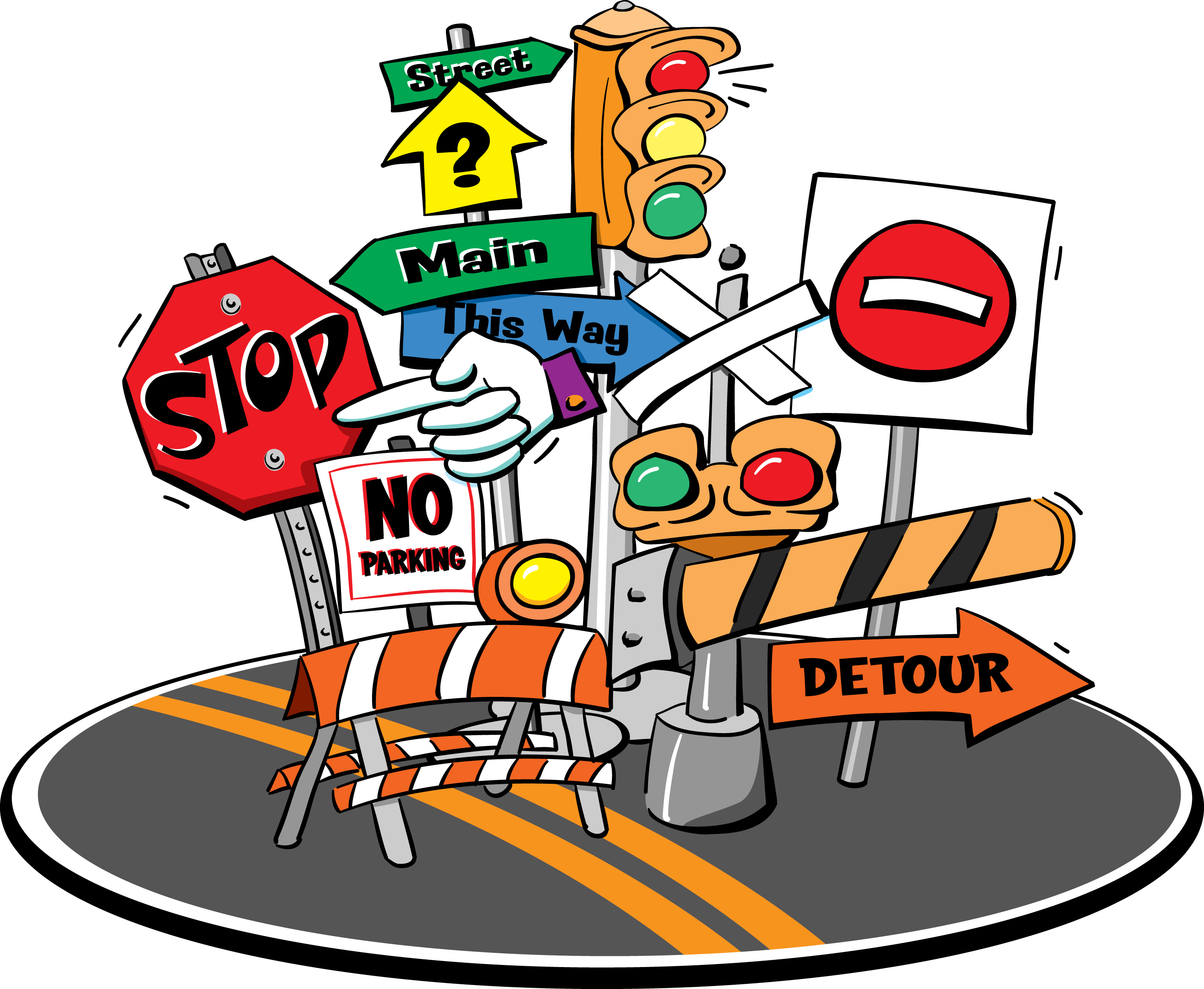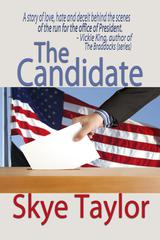October Round Robin Blog: What unique situations have occurred in the writing process of any of your novels? Perhaps where what you planned changed, or the direction you thought the story was on deviated or transmuted?
XX

 I’m a pantser - for the initiated, that’s a person who writes by the seat of their pants - which means I never outline and rarely know the path I’m taking to get to an end I do know before I start. When an idea for a story comes to me, it often comes with a very clear image of where and how it will end. In fact, I very often write the final scene or chapter before I even begin the book. But how I’m going to get from point A to point B is mostly driven by the characters I’ve created. My writing process includes creating a detailed dossier on my protagonist, and nearly equal backstories for my supporting cast and the antagonist. Then I open with the inciting incident and let them run with the ball. The characters I’ve created seem to have ideas of their own and I am often surprised by the decisions they make or the actions they take, so sudden changes of direction or things I planned being upended happens most of the time.
I’m a pantser - for the initiated, that’s a person who writes by the seat of their pants - which means I never outline and rarely know the path I’m taking to get to an end I do know before I start. When an idea for a story comes to me, it often comes with a very clear image of where and how it will end. In fact, I very often write the final scene or chapter before I even begin the book. But how I’m going to get from point A to point B is mostly driven by the characters I’ve created. My writing process includes creating a detailed dossier on my protagonist, and nearly equal backstories for my supporting cast and the antagonist. Then I open with the inciting incident and let them run with the ball. The characters I’ve created seem to have ideas of their own and I am often surprised by the decisions they make or the actions they take, so sudden changes of direction or things I planned being upended happens most of the time.
XX
I’m not sure any writer would consider it a “unique” situation, but often a writer discovers that he or she has written themselves into a corner along the way to the climax of the story. When that happens, you just have to move on to plan B. And even more often there is no plan B. So you take a breather, step back from your story to reassess w here you thought you were going and revisit the path that got you into that corner. One way out of such a place is to have a whole new and unexpected character show up. Sometimes this new character is simply a bridge back to the path you were on. Other times, the new character introduces information that before now was unknown because none of the characters you began with are privy to that knowledge. And more often than not, this new character upsets the whole applecart moving the story in a direction you had no idea it was going to go.
here you thought you were going and revisit the path that got you into that corner. One way out of such a place is to have a whole new and unexpected character show up. Sometimes this new character is simply a bridge back to the path you were on. Other times, the new character introduces information that before now was unknown because none of the characters you began with are privy to that knowledge. And more often than not, this new character upsets the whole applecart moving the story in a direction you had no idea it was going to go.
XX

 The biggest change of course in any of my writing came in my mainstream novel, THE CANDIDATE. I pitched the story to an editor from St Martin’s Press at a conference and she requested the manuscript. She loved the characters and plot, thought the dialog and settings were good, but she wanted more risk and tension. The story is about a man running for president who experiences a personal crisis in the middle of the campaign and I had chosen to tell it entirely from his POV. After much thought I realized telling it from only my protagonist’s point of view left the reader unaware of what was going on to oppose my guy. The big change I ended up with was to have 5 points of view; one of the opposing candidates for president, the campaign manager for the third opponent and two other characters with story arcs that impacted the whole. Now I felt like I was driving a five horse team, my hands full of reins and no longer sure I was in control. Until I attended a conference and a workshop where a very talented, best selling author gave me the key to my problem. A simple diagram on a whiteboard
The biggest change of course in any of my writing came in my mainstream novel, THE CANDIDATE. I pitched the story to an editor from St Martin’s Press at a conference and she requested the manuscript. She loved the characters and plot, thought the dialog and settings were good, but she wanted more risk and tension. The story is about a man running for president who experiences a personal crisis in the middle of the campaign and I had chosen to tell it entirely from his POV. After much thought I realized telling it from only my protagonist’s point of view left the reader unaware of what was going on to oppose my guy. The big change I ended up with was to have 5 points of view; one of the opposing candidates for president, the campaign manager for the third opponent and two other characters with story arcs that impacted the whole. Now I felt like I was driving a five horse team, my hands full of reins and no longer sure I was in control. Until I attended a conference and a workshop where a very talented, best selling author gave me the key to my problem. A simple diagram on a whiteboard  with a graphic visual of five character arcs and a story arc and how they intersect and what happens when they do. A flashbulb went off in my head. I went home and pulled that story together pretty quickly after that. It was originally released under the title WHATEVER IT TAKES, re-released in 2016 as THE CANDIDATE. It ended the way I originally envisioned, but a lot of what happened between the day the old photograph was slipped into my candidate’s hand at a meet and greet and the final scene took several new turns I had not planned on or expected but the story was stronger and better.
with a graphic visual of five character arcs and a story arc and how they intersect and what happens when they do. A flashbulb went off in my head. I went home and pulled that story together pretty quickly after that. It was originally released under the title WHATEVER IT TAKES, re-released in 2016 as THE CANDIDATE. It ended the way I originally envisioned, but a lot of what happened between the day the old photograph was slipped into my candidate’s hand at a meet and greet and the final scene took several new turns I had not planned on or expected but the story was stronger and better.
XX
 I think a writer needs to be open to ideas and revelations either from other writers, editors, brainstorming partners, beta readers or even the characters themselves. New ideas from a fresh source might be just the spark to keep a story moving, or ignite a whole new arc that adds depth and interest to the main story. Unless you are writing a formulaic genre book, a writer needs to be willing to push the envelope, see where their characters might go if allowed off the leash, and open to entirely new stuff. Even for a plotter, that outline is only a guide. It's not meant to be a straightjacket or to stifle good ideas that come during the writing process. Those unexpected deviations from the original plan are often what makes a book better, or even a blockbuster.
I think a writer needs to be open to ideas and revelations either from other writers, editors, brainstorming partners, beta readers or even the characters themselves. New ideas from a fresh source might be just the spark to keep a story moving, or ignite a whole new arc that adds depth and interest to the main story. Unless you are writing a formulaic genre book, a writer needs to be willing to push the envelope, see where their characters might go if allowed off the leash, and open to entirely new stuff. Even for a plotter, that outline is only a guide. It's not meant to be a straightjacket or to stifle good ideas that come during the writing process. Those unexpected deviations from the original plan are often what makes a book better, or even a blockbuster.
XX
Want to find out what other authors have experienced along the way to THE END? Hop on over to these sites to find out.
XX
 A.J. Maguire
A.J. Maguire
Connie Vines
Judith Copek
Margaret Fieland
Helena Fairfax
Dr. Bob Rich
Diane Bator
Rhobin L Courtright
Beverley Bateman